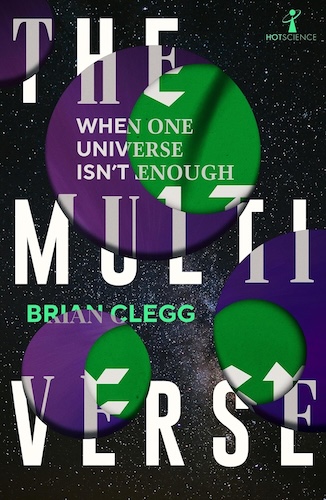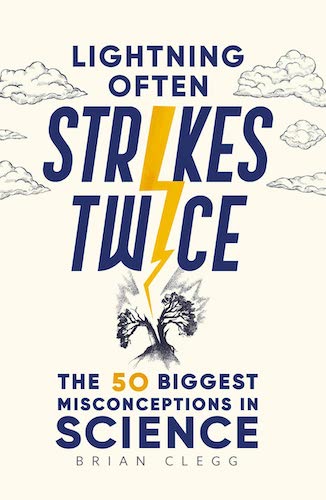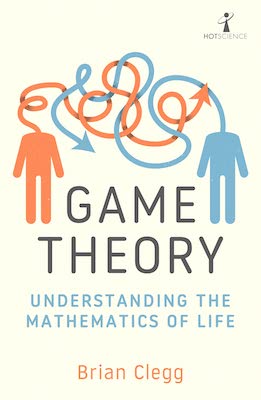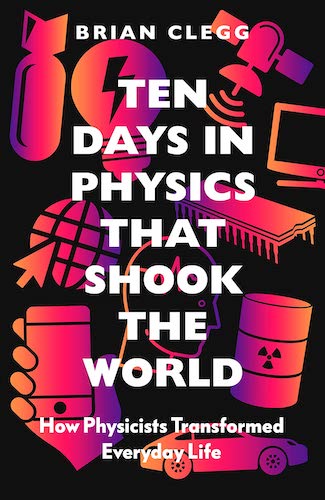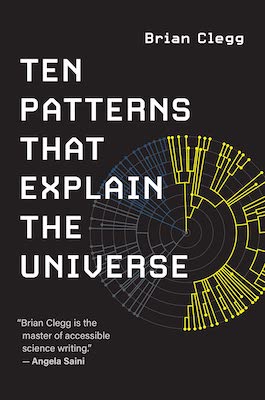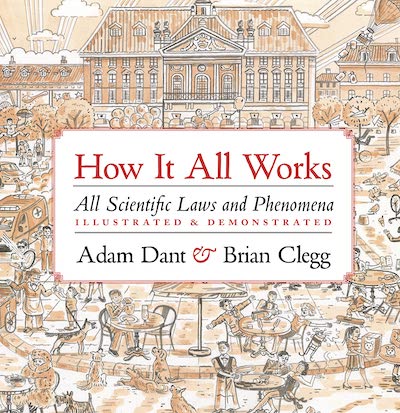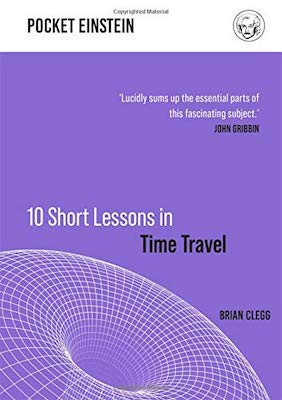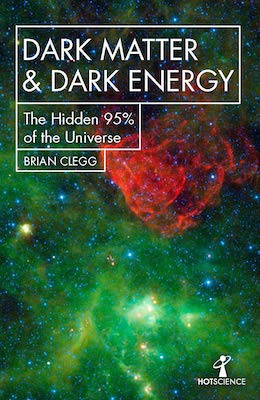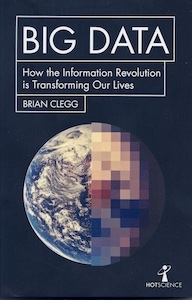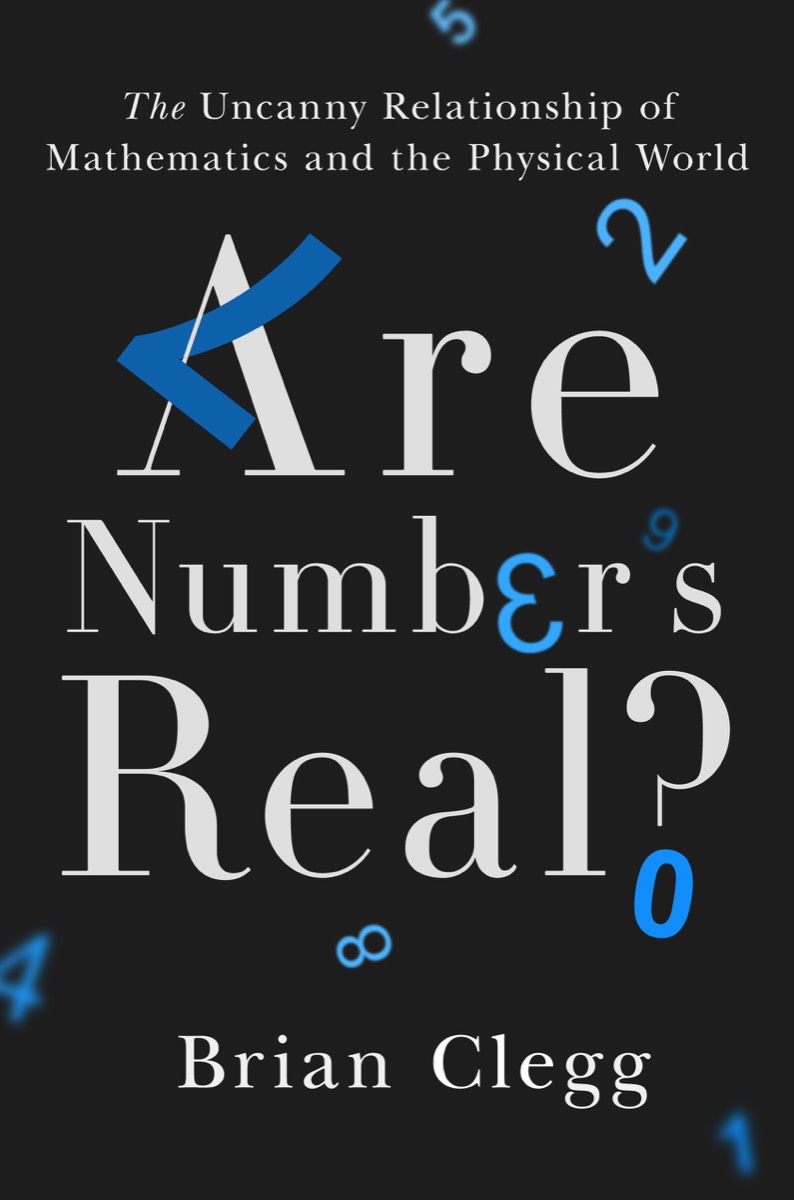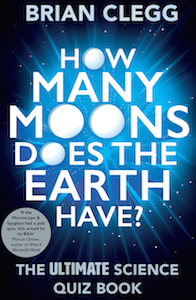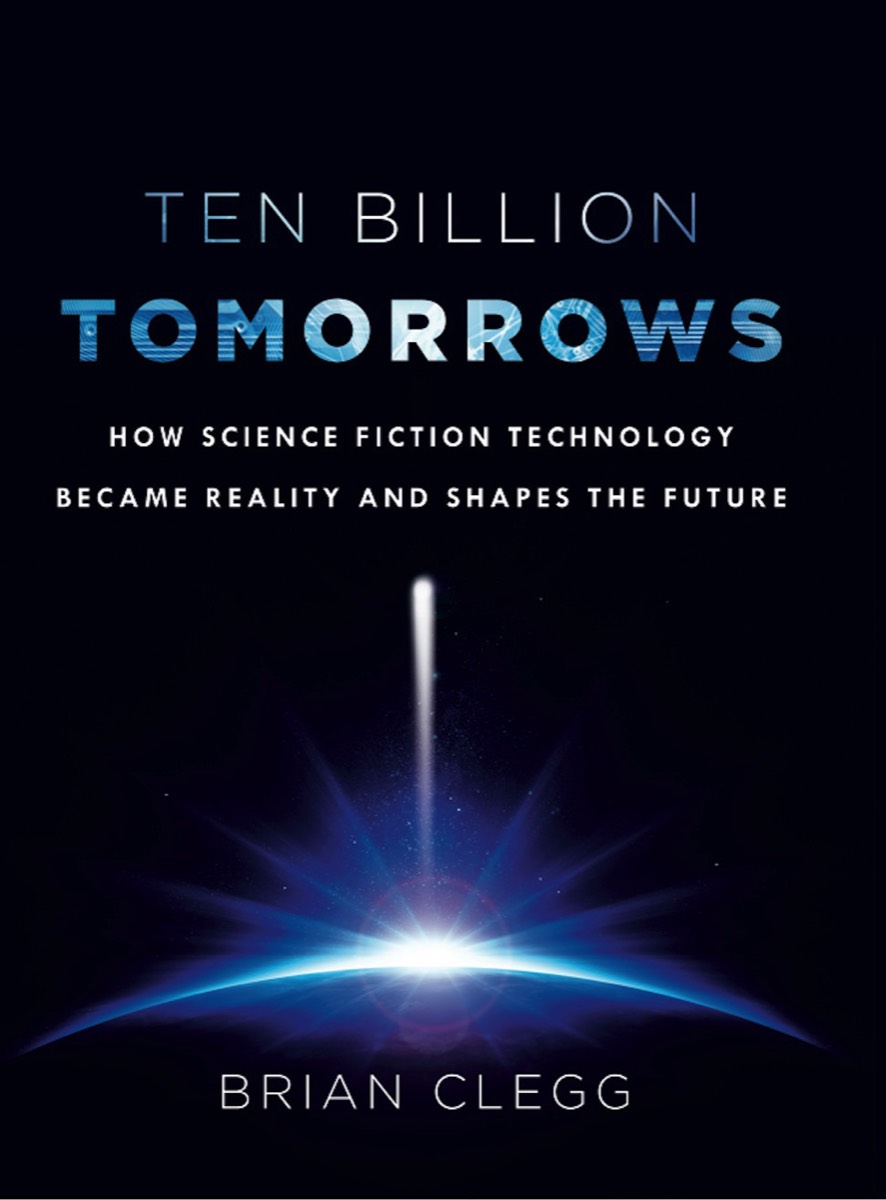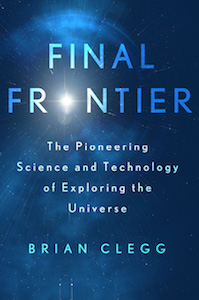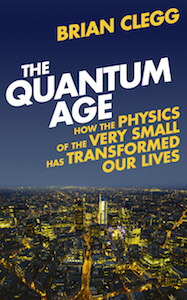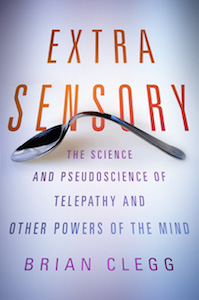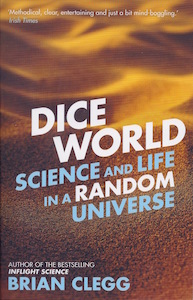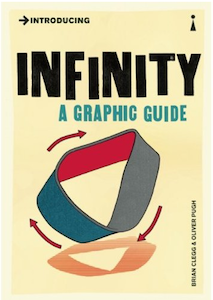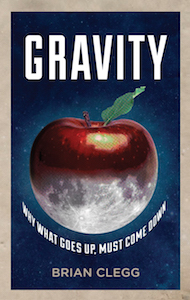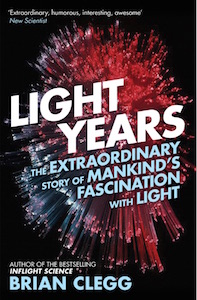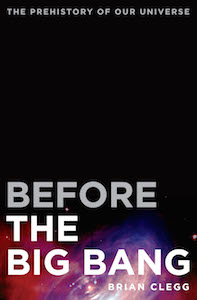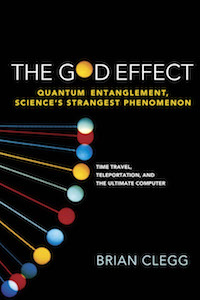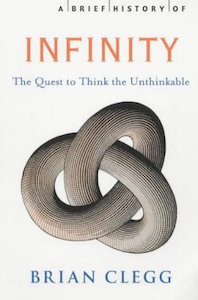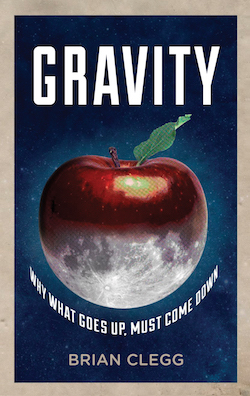
Gravity
Every inquisitive person should read a book about it, preferably this one.
Brian Clegg
Everything we know is governed by four physical forces, but there is only one of them that is immediately obvious - gravity.
Although ludicrously weak compared to the other forces (a tiny magnet can hold up a piece of metal against the gravitational attraction of the whole Earth), gravity permeates our everyday life and being. We begin with humanity's earliest ideas of how we remain stuck to the ground - a significant consideration when you realize that despite the myths, educated people have known the Earth was a sphere since the time of the Ancient Greeks.
Along the way we'll see how the Arabic scholars explained the force of gravity, why Galileo didn't need to drop balls off the tower of Pisa, exactly how Newton came to his conclusions and why he refused to 'frame hypotheses' about gravity.
We will explore the concept of action at a distance, and see how Einstein transformed our understanding of gravitation with general relativity and consider whether the graviton will ever be discovered. We will see how birds, bees and rockets seem to defy gravity, and whether the concept of anti-gravity can move from pure science fiction to possible fact.
Gravity never fails to fascinate...
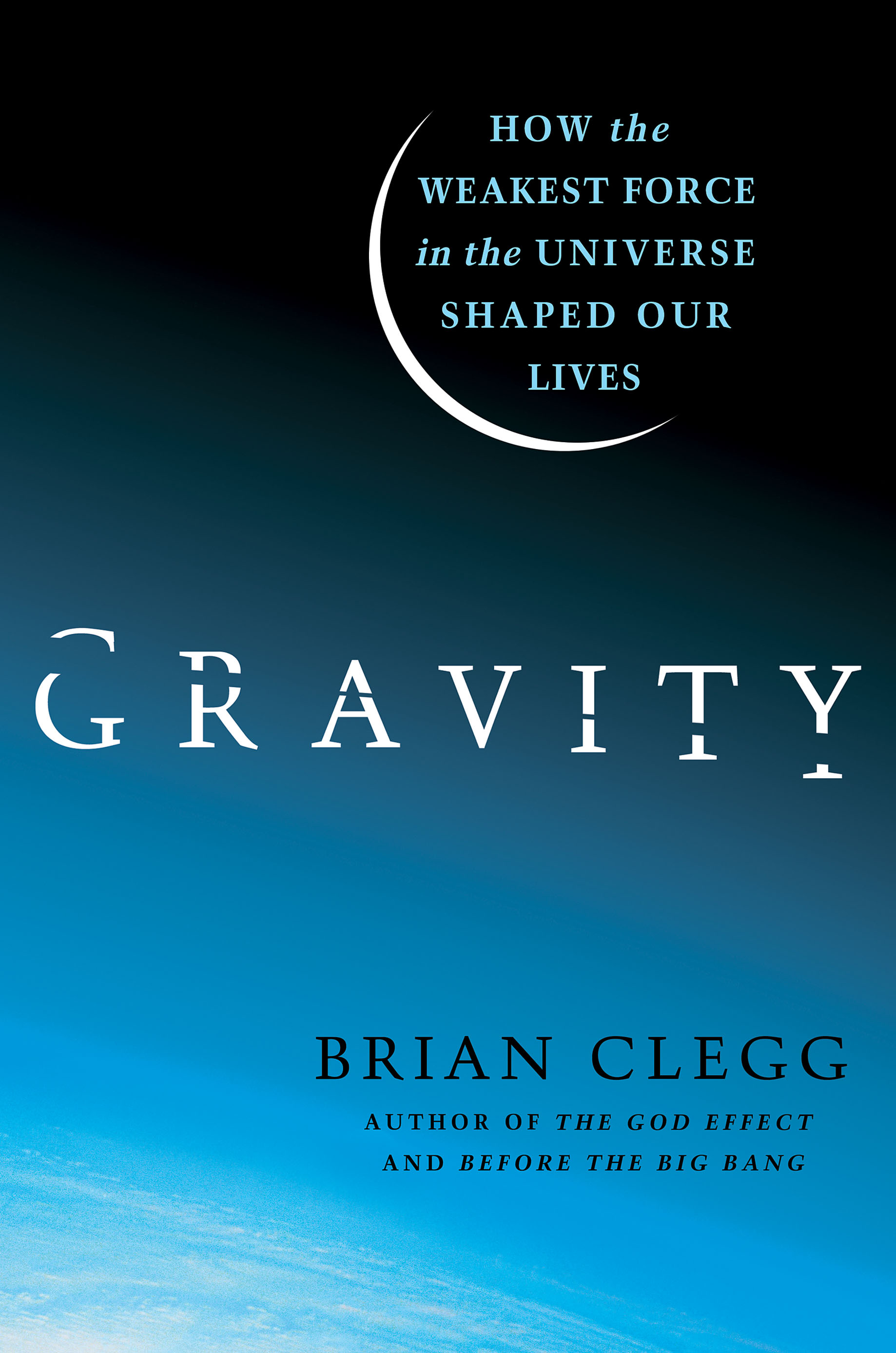
If you’d like a signed copy - it makes a great gift - purchase direct below when available. If you want a personalised inscription, just drop Brian an email at the same time with the details.
Paperback
Hardback
Kindle
Nook
Kobo
Apple
Using these links earns us commission at no cost to you
Reviews
Although by far the feeblest of the four universal forces, gravity is the only one we experience continuously. Every inquisitive person should read a book about it, preferably this one by prolific British science writer Clegg (How to Build a Time Machine: The Real Science of Time Travel , 2011, etc.)... The downside (for readers) is that Einstein's version of gravity is more complicated than Newton's, but Clegg's skills never flag, and his account remains lucid and free of jargon, bad jokes and math phobia. Kirkus Reviews (STARRED)
“Hold this book in your hand and let go. What will happen?” Brian Clegg asks to open Gravity: How the Weakest Force in the Universe Shaped Our Lives. “It’s such an obvious question that it feels embarrassing to have to ask it.” Yet asking that question should not feel awkward, he argues two paragraphs later: “Gravity is so familiar and apparently obvious that we often miss seeing just how remarkable it is.” We should be as observant as [a] baby in the highchair, and thanks to Clegg’s raising the question, we are...
Among the delights of the book is discovering that the hoary old stories of Galileo, Newton and their contemporaries are not exactly as we learned them in science class. Clegg describes Galileo as “a slick publicist” and “a rebel more of the gut than the intellect.” He notes that despite Newton’s mathematical triumph that describes gravity, his contemporaries viewed his explanation as a step backward. The natural tendency of matter to fall was replaced by an invisible force that acted over great distances… The book is exceptionally strong in its explanation of general relativity, avoiding most of the mathematical details… a fun, factual read. Dallas News (Fred Bortz)
Brian Clegg covers the history of the subject in a way that is easily accessible to the layman, while avoiding the myths and oversimplifications usually encountered. Andew May, Fortean Times
As the most familiar physical force in the universe, gravity may not seem exciting, but British science writer Clegg shows how this “omnipresent” force is anything but simple... Clegg’s accessible presentation offers insights into everything from Aristotelian science to black holes and string theory as it reveals the complexities and surprises of a familiar force that continues to surprise scientists. Publishers Weekly
Clegg’s book reminds us of the simplicity of the physical law of gravity. He devotes a chapter to Newton’s amazing discovery and a chapter on Einstein’s theory of warped space-time... Gravity by Brian Clegg is a worthwhile read and a handy primer for learning the language of a quantum theory of gravitation. Book Kvetch (Rebecca Aguilar)
Covers the history of the subject in a way that is easily accessible to the layman. Fortean Times
Links to purchase books earn us commission at no cost to you

